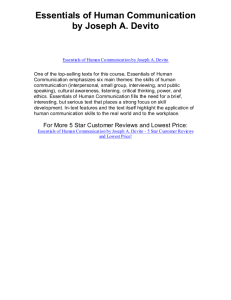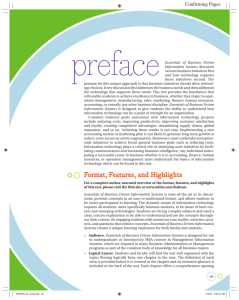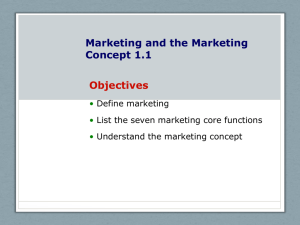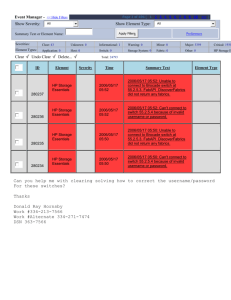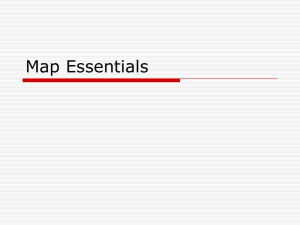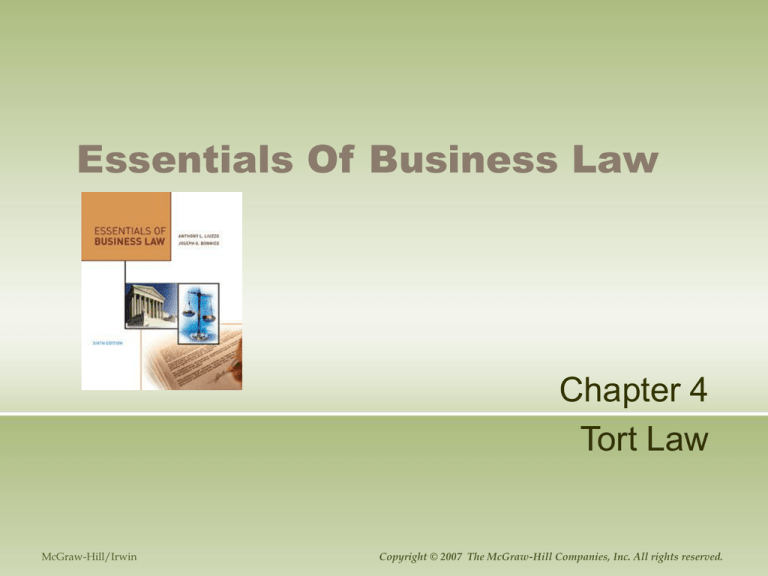
Essentials Of Business Law
Chapter 4
Tort Law
McGraw-Hill/Irwin
Copyright © 2007 The McGraw-Hill Companies, Inc. All rights reserved.
The Nature Of Torts
Tort
Violation of rights of an identifiable individual
or business
• Intentional violation
• Violation as a result of negligence
Essentials of Business Law
Chapter 4-2
Defamation
Harming a person’s reputation by the
communication of a false statement
Must be heard or read by others
Libel
Written form
Slander
Spoken words, gestures, and actions
Essentials of Business Law
Chapter 4-3
Defamation
Holds a person up to:
Hatred
Ridicule
Contempt
Disgrace
Lowers a person’s:
Esteem
Respect
Social position
Essentials of Business Law
Chapter 4-4
Characteristics Of Libel
Unfounded gossip
Thoughtless written remarks
Subtle
Direct
May be published in:
Books
Newspapers
Magazines
Catalogs
May be written in:
Business letters
Personal letters
Memos
Essentials of Business Law
Chapter 4-5
Characteristics Of Slander
Thoughtless statements that reflect on
another person’s good name
Spoken words
Gestures
Actions
Omissions
Essentials of Business Law
Chapter 4-6
Trade Libel
Right to remain free from false and
malicious statements that damage:
Business reputation
Owners
Products manufactured or sold
Essentials of Business Law
Chapter 4-7
Defenses To Defamation
Truth
If statement can be proven truthful, damages
can not be recovered
Privilege
If person making statement has special right,
damages can not be recovered
Essentials of Business Law
Chapter 4-8
Nuisance
Unlawful interference of the enjoyment of life or
property
Private nuisance
Examples include:
Loud noises
Foul odors
Bright lights
Diverting a stream
Affects specific person
Public nuisance
Affects community or
general public
Essentials of Business Law
Chapter 4-9
Conversion
Wrongful taking, wrongful detention, or
illegal assumption of ownership of property
Conversion may involve property that is:
Removed
Damaged
Destroyed
Used without authorization
Essentials of Business Law
Chapter 4-10
Negligence
Failure to exercise necessary care to
protect others from unreasonable harm
Unavoidable accident
Reasonable action of a responsible individual
could not have avoided the accident
The “reasonable person”
Ordinary prudence and judgment
Essentials of Business Law
Chapter 4-11
Kinds Of Negligence
Vicarious
Charging a negligent act of one person to another
• Example: holding a company liable for its employees actions
Contributory
Legal defense attributing partial fault to injured party
Comparative
Court assigns damages according to degree of fault
of each party
Essentials of Business Law
Chapter 4-12
Liability
Judged legally responsible
Vicarious liability
Shifting responsibility for a persons actions to another
Strict liability
Liability for injuries to others regardless of fault
Three requirements:
• Defective product
• Defect caused injury
• Defect cause product to be unreasonably dangerous
Essentials of Business Law
Chapter 4-13



